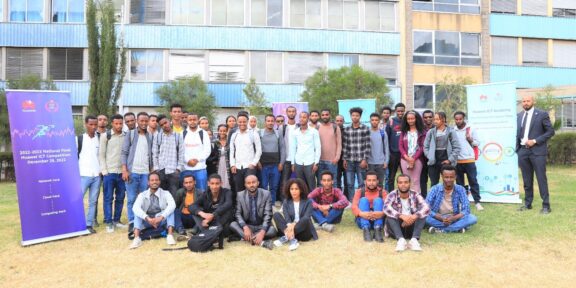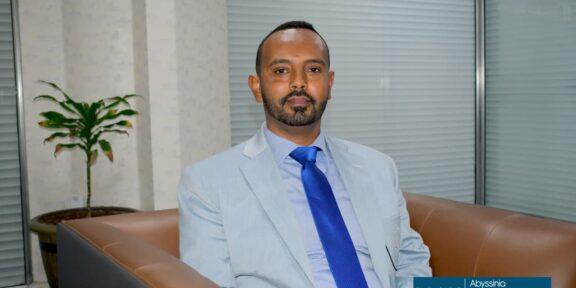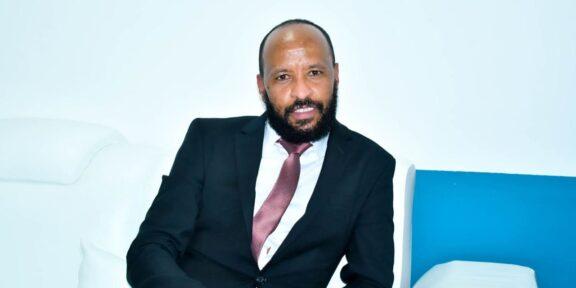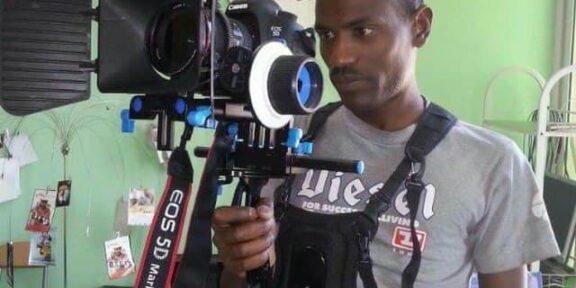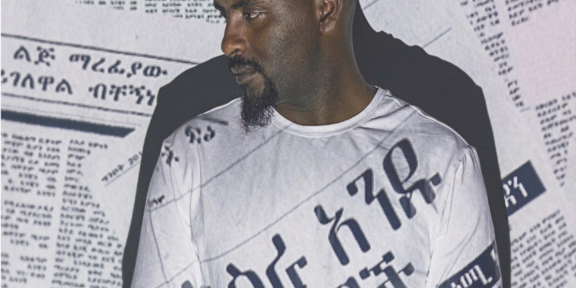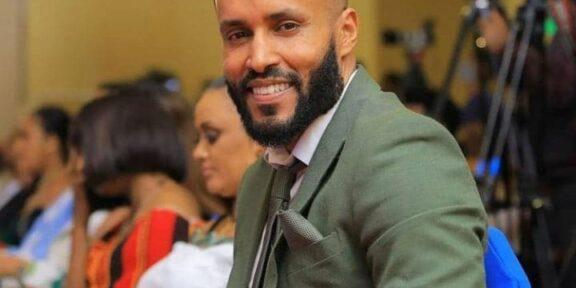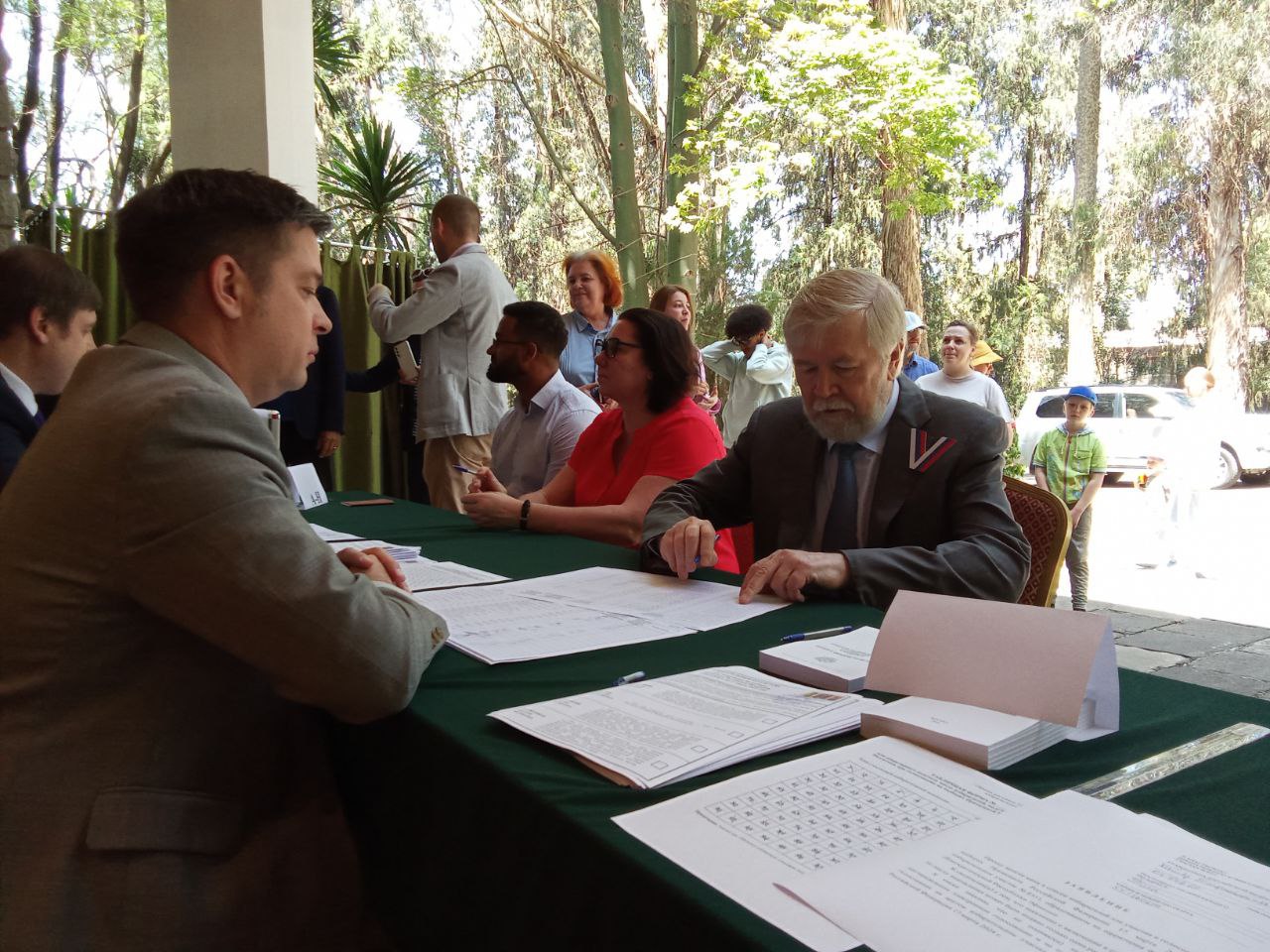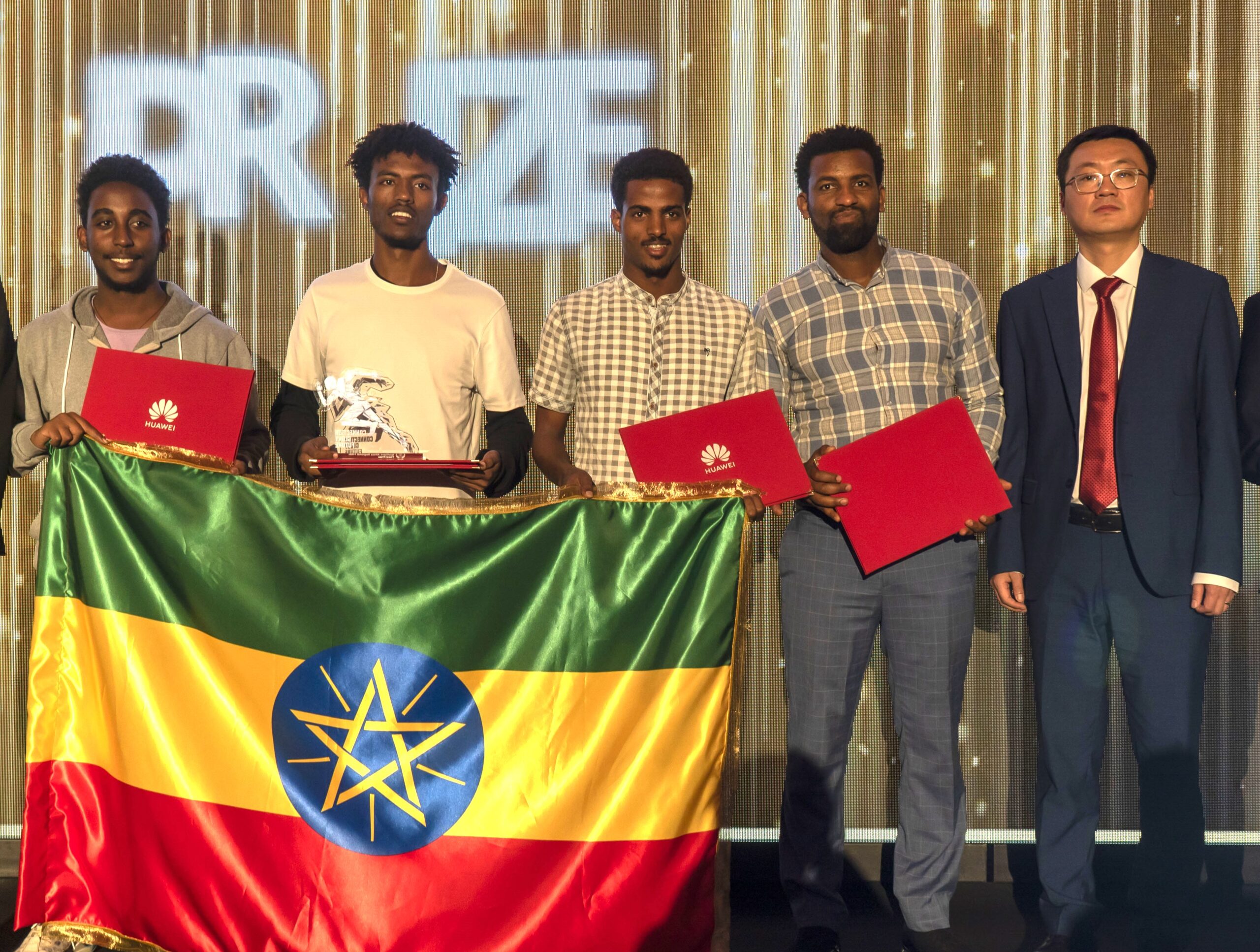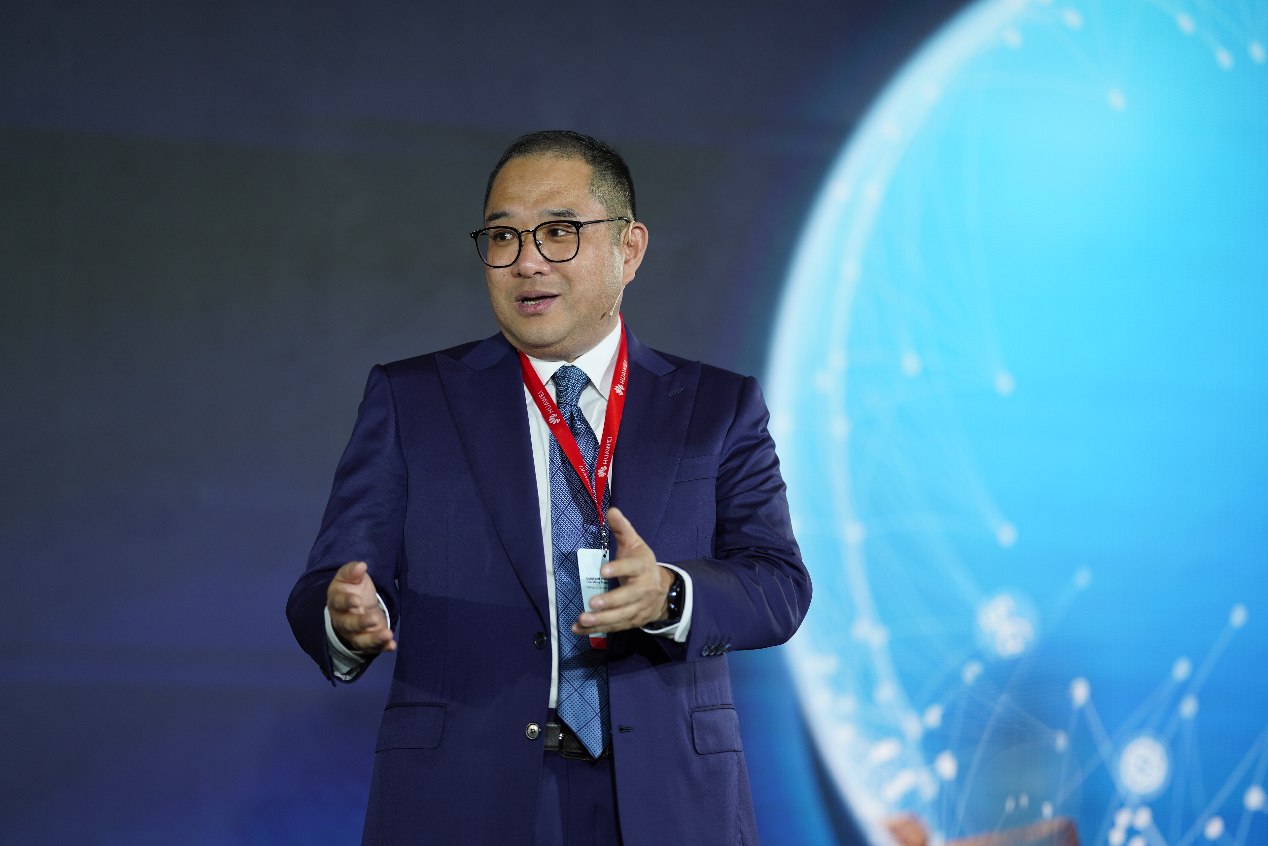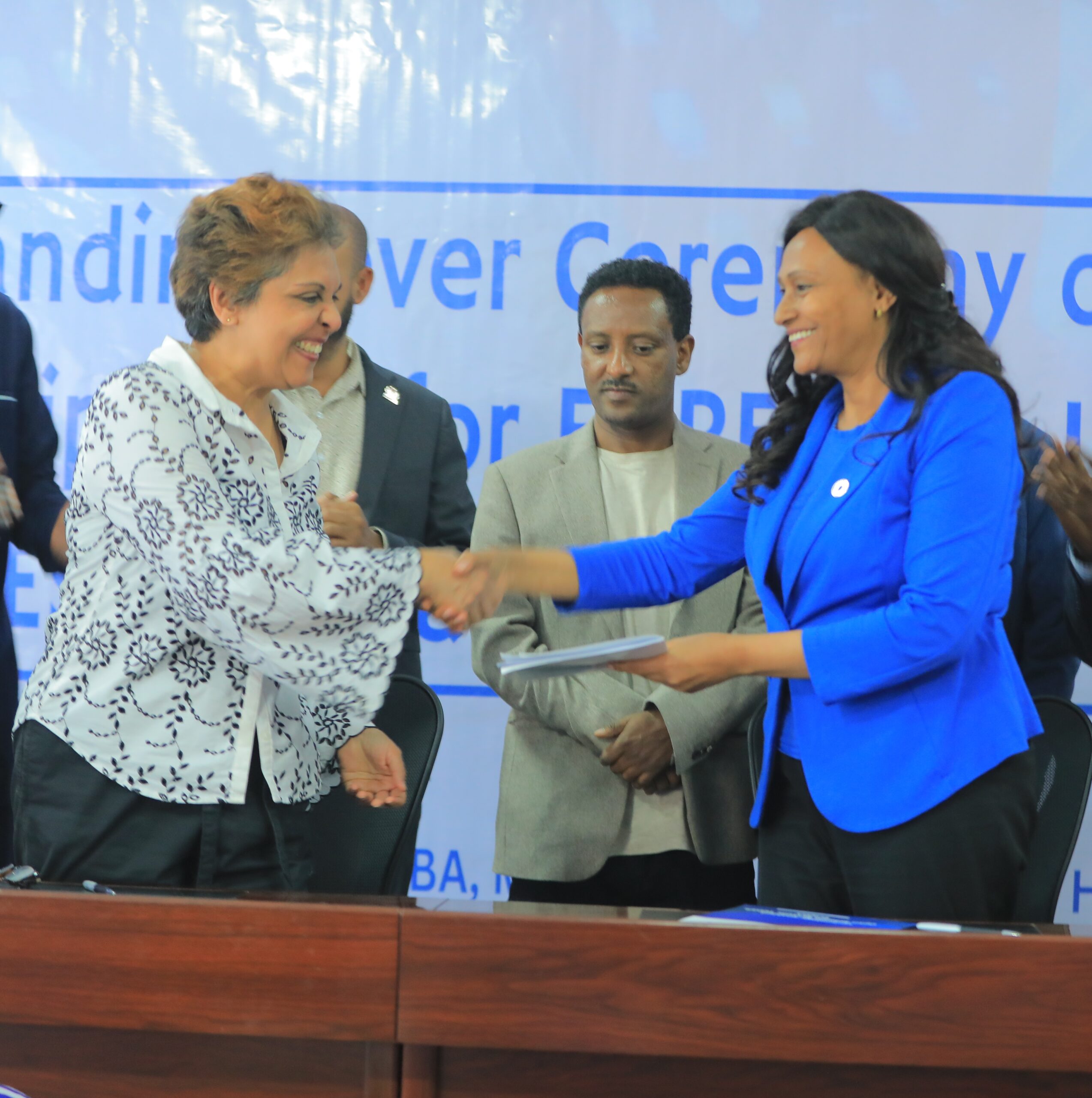Today, there are dozens, if not hundreds, of masterful pianists and music composers from all parts of the world. Ethiopia has given birth to most influential music composers such as Mulatu Astatike, the 90 plus-year old Emahoy Tsige Mariam Gabbro, Samuel Yirga and the likes. Most notably, Saint Yared, a composer and a choreographer who lived in Aksum in the 6th Century AD, is credited for inventing the melody /zema/ of the Ethiopian Orthodox Tewahdo Church.
Depending on the composition, a performance may benefit more from a certain type of pianist. Also, it’s not the same when a pianist plays during a solo performance and with an entire symphonic orchestra. Finally, as time goes by, the very nature of piano playing changes. New generations of players bring their own sensibility to the tradition.
Girma Yifrashewa, a Bulgarian-trained pianist is one of the few Ethiopian composers who has been promoting his country worldwide through his magnificent music performance; Girma has spent a considerable part of his career perfecting his relationship to the canons of Chopin, Debussy, and other classical pianists, hoping to someday perform in conjunction with a full symphony orchestra.
Nonetheless, he has not let the structure often associated with classical music to interfere with the development of his own imagination and ideas, which are inherently Ethiopian as he grew up in Addis Ababa, the country’s capital. ABN has taken time to talk to the renowned classic music guru, Girma Yifrashewa, on overall professional development and related issues.
Girma Yifrashewa’s musical career began when he started playing Kirar, a harp like Ethiopian traditional instrument, during his time at elementary school. Born in Addis Ababa in 1967, Girma was introduced to the Piano at the age of 16 when he joined the Yared School of Music in Addis Ababa. A strong willed musician since his tender age, Girma attempted to join the famous Yared Music School when he was in 6th and 8th grades before eventually succeeding in his third attempt when he was a 10th grader.
Girma is renowned and venerated for his years of expertise in classical music composition. While playing with the traditional instrument Kirar, which is an easily accessible instrument, he was never aware of any music school in Addis Ababa, Girma recalls. After being informed of Yared Music School, Girma relentlessly tried to enroll in which he later succeeded.
After completing his study at Yared Music School, Girma continued his studies at the Sofia State Conservatory of Music in Bulgaria. However, he was forced to lose his scholarship after only three years due to the fall of the Bulgarian Communist regime in 1989. He then immigrated to Italy where, his talent and desire to return to his studies in Bulgaria was discovered by the Christian Brothers under the care of Caritas. Through his newly found benefactors’ support, Girma returned to the Sofia Conservatory in 1991, where he graduated with a Masters in Piano under Professor Atanas Kurtev.
While attending Yared music school, Girma was interested in studying the piano which is different from other musical instruments such as cello, violin and other classical music instruments. Dubbed as the king of musical instruments, the piano is different from other instruments because it can either be an orchestral instrument by itself or used as accompanying instrument in a symphony. It has also more musical repertoires written based on it more than any other musical instrument.
“The culture of consuming classical compositions among the mainstream audience is very much limited. In order to change this reality, professional discipline in the music industry is vital and working conditions need to be conducive.”
He showcased his music talent in Bulgaria in which he made an impact as a solo pianist performing the works of famous composers Schumann, Schubert, Chopin and Debussy, throughout the country until his return to East Africa in 1995. He had a good knack for and reference to the classical compositions of Mozart and Bach.
Yifrashewa returned to Ethiopia in 1995, teaching piano at the Yared School of Music until 2001. He received scholarships for short-term specialization courses from the British Royal Academy of Music in London (1997) and German Government at the Hochschule fur Music Und Theater in Leipzig (1999).
Currently, Yifrashewa works to promote Ethiopian and Classical Music throughout the continent and beyond. Girma has held many concerts both in Ethiopia and outside not only on his international tours (solo tour and with Ethiopian vocalists), but also on separate invitations sent to him (Egypt, Djibouti, Rwanda, Burundi, Kenya, Uganda, Mauritius, Mozambique, Zimbabwe, Namibia, Lesotho, South Africa, Seychelles, Zambia, Malawi, Bulgaria, Italy, Germany, United Kingdom, France, Australia, USA).
Regarding the new generation of musicians, Girma expressed his skeptic views about their commitment and zeal to classical music composition. This is due to the intricate nature of classical music and the long hours and time it takes to master. To avoid the long practice hours most youth professionals tend to resort towards electronic and dance music, as Girma said.
He also bemoans Ethiopian culture of classical music composition, as it is not developed. The culture of consuming classical compositions among the mainstream audience is very much limited. In order to change this reality, professional discipline in the music industry is vital and working conditions need to be conducive. Additionally, formal music schools are important to develop and nurture the talent of artistically gifted students.
“To this end, basic knowledge of western classical instruments is essential and we need to fuse it with the classical music”, Girma pointed out. He also recalled that He had to learn the basics of classical music composition so as to fuse it with melodies and style of the Kirar which does not have many repertoires written based on it before.
For his contribution in classical music, Girma received various international recognitions and awards. In 2014, he was the recipient of the Bulgarian National Medal for being an influential music composer in Bulgarian classical music industry. Girma says he regards this award highly since he received it from a country that gave him a scholarship. Other awards he received are from the UCLA department of Ethnomusicology, Azusa-Pacific University for his participation, and other organizations. The Washington post, New York Times, and the Irish times gave him appreciable reviews on his albums exalting his promotion of western Classical music by fusing it with African traditional music.
“The fund-raising event-“ Ethiopia: Our Motherland” is different from other events in that it involves painters, musicians, writers, theatrical actors, and film professionals in coming together for a common cause of standing together at a time of need.”
In October 2009, Yifrashewa was invited for the International Symposium and Festival in The USA “Africa Meets North America” at the University of California Los Angeles (UCLA). He returned to the United States in the summer of 2013 for concerts with Issue Project Room in Brooklyn and Non Sequitur in Seattle, thanks in part to support from Unseen Worlds Records, which garned Girma a positive review from The New York Times.
Girma is now organizing a fundraising program for the war torn regions of Ethiopia during the northern Ethiopia war. Speaking about his fundraiser titled “Yegna enat” meaning “Ethiopia: our motherland”, he said the aim of the event is to send a message to the international community, and express that Ethiopia is a country of unity, not a bad example of a fragile state.
The fund-raising event-“ Ethiopia: Our Motherland” is different from other events in that it involves painters, musicians, writers, theatrical actors, and film professionals in coming together for a common cause of standing together at a time of need. It will raise funds through YouTube streaming and the collected funds will go to internally displaced people in the northern region.
Girma mentioned what makes this event different from other similar events held across the country. He said that this fundraiser event will present the art of music in a different way by bringing celebrities and public figures from different disciplines, and show that we Ethiopians can stand together despite the divisive attempts by western countries. This will in turn create a sense of unity from different perspectives and negates individualism.
The fundraiser aims to raise 1 million birr during the performance day. Girma said that Arts TV station is working with the organizers of the event as a partner and also said that non-attendees can also contribute to the cause and help increase funds beyond the target of 1 million birr.
He also said that many of the music shows he performed at are created through the relationship he has with music institutions in European countries and not through the Ethiopian government. This has to be changed and the contribution of the government must be more pronounced if musicians are to showcase their skills and talent to the wider public. Understanding of classical music should be developed so that Ethiopia can tap into the potential of youth musicians.
Wrapping up his views, Girma said that artists and professionals in the art and entertainment sector should not be remembered at a time of conflict and hardship but should always be valued. Art should be supported sustainably and consistent efforts must be exerted to revamp the skills of musicians to create quality contents.


